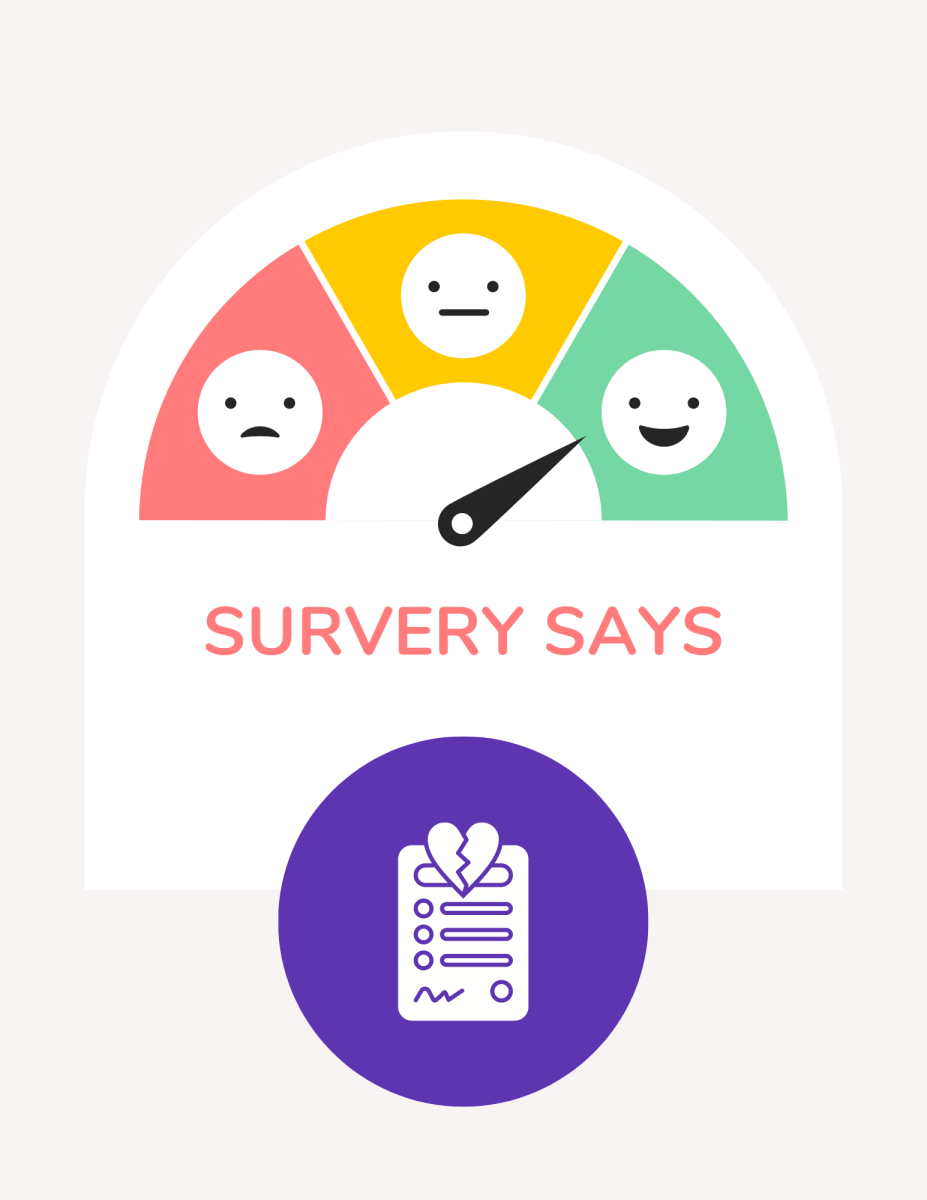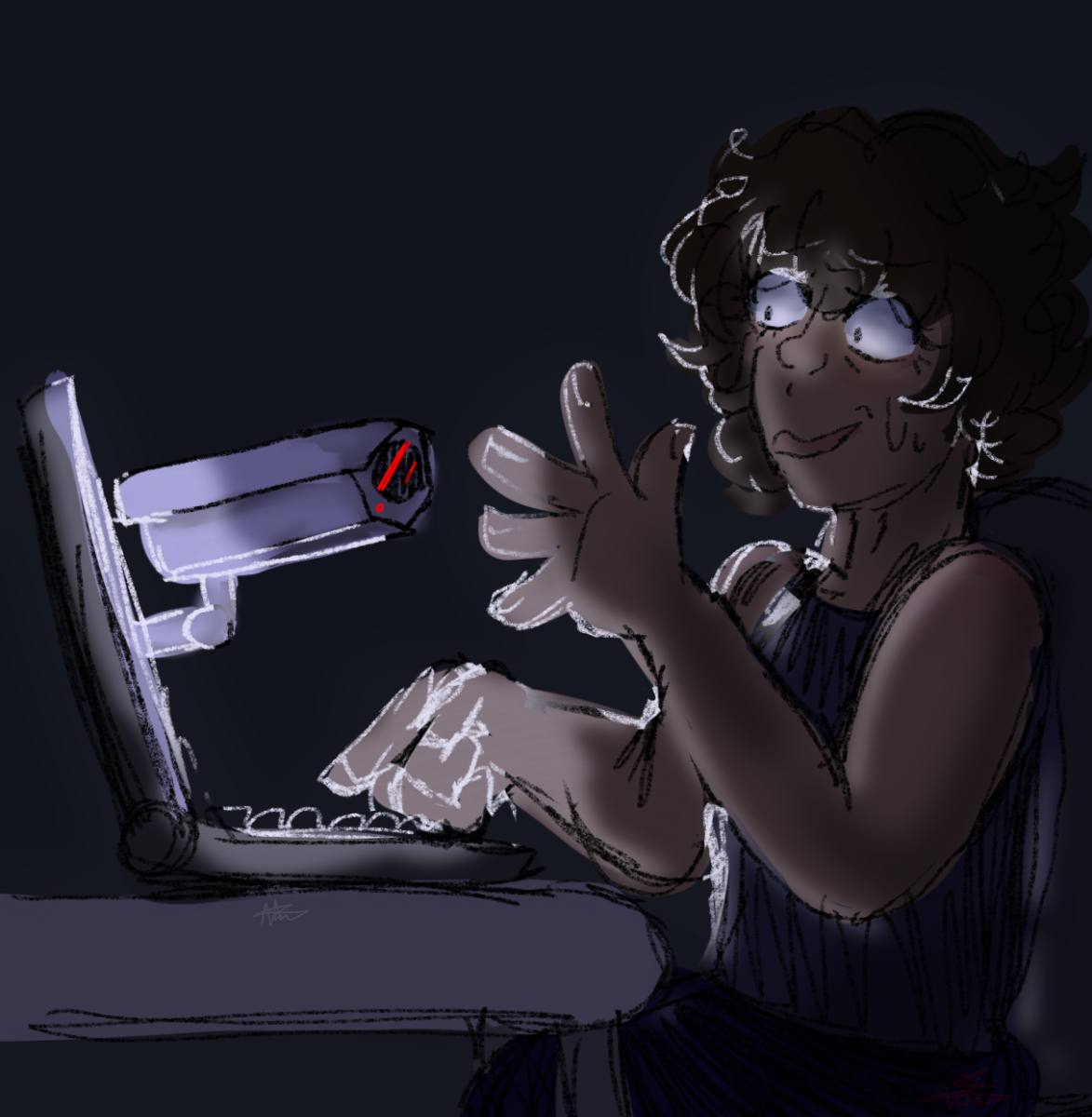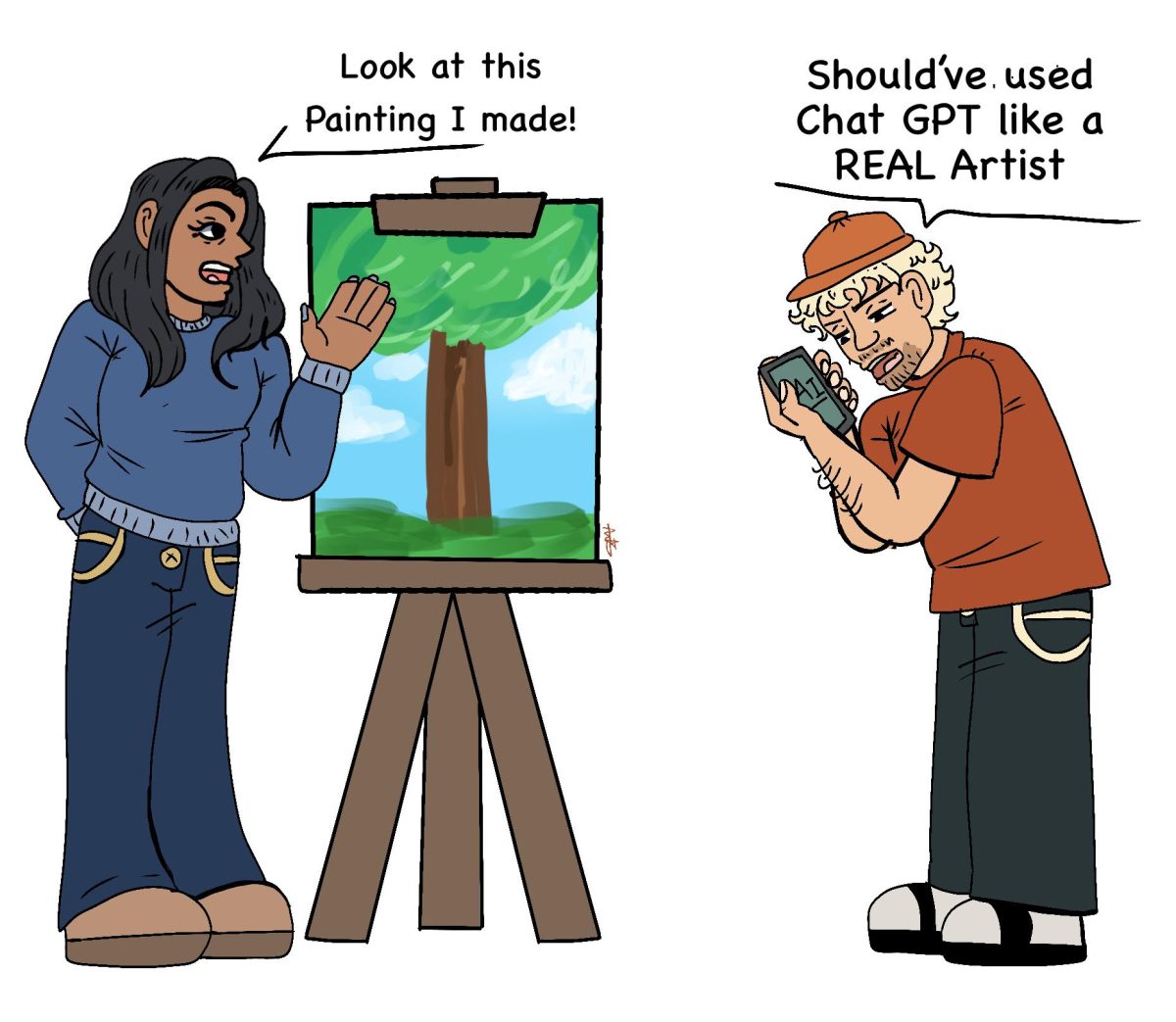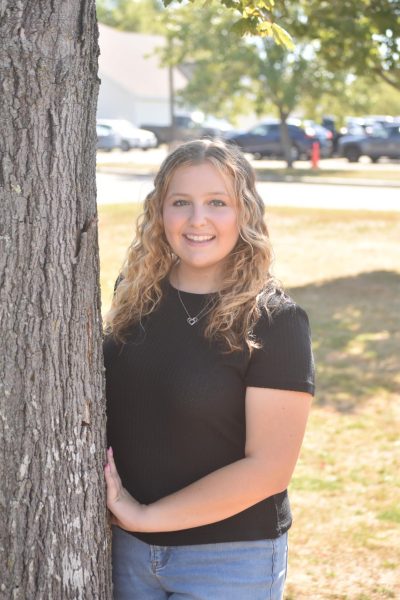At the beginning of the school year, teachers are introduced to numerous students and are expected to know them and understand their needs. The best way to get to know them quickly is by giving them questionnaires. But unfortunately, these are considered to be “surveys” which according to NH RSA 186: 11, IX-d bill, is not allowed.
Surveys are a quick and easy way to ask all the questions teachers feel are important to make the students comfortable with them and for them to understand the child’s needs. Teachers have been using this strategy for years.
In the past couple of years, these simple questionnaires have become huge dilemmas, as parents think it’s crossing the line. On September 16, 2017, RSA 186: 11, IX-d was enacted to regulate surveys and questionnaires given by teachers to students. My question is: if these surveys were okay before, why aren’t they now?
The law directly states, “…‘non-academic survey or questionnaire’ means surveys, questionnaires, or other documents designed to elicit information about a student’s social behavior, family life, religion, politics, sexual orientation, sexual activity, drug use, or any other information not related to a student’s academics.” Teachers aren’t allowed to ask their students anything unrelated to school–even their favorite color. There is nothing wrong with a teacher knowing my favorite color is pink.
Social behavior over the years has changed drastically. This generation has grown up drawn to our electronics and losing proper social relationships. The isolation that COVID-19 put so many of us through during such an important time in our social growth has put us further behind, leaving us to play catch up. This is the time where students should get to know one another and our teachers to practice social skills and make connections. A quick way to achieve this is through questionnaires and/or surveys because they allow for a direct way for students to tell their teachers everything they feel they should know to have the best school experience possible.
The vagueness of this law about teachers not being able to ask about a student’s “social behavior” puts teachers in a difficult situation. Anyone can argue that they’re prying about a student’s social behavior when really they are trying to learn and understand their students so they can help connect and accommodate the curriculum for them.
It’s understandable for a parent to not want their child’s religion, politics, sexual orientation, sexual activity, or drug use shared with their teacher, but it is an overreach for a teacher to not be able to know anything non-academic about their student. What is so horrible about a teacher knowing a student has a dog? In most cases, teachers who can connect details from their students’ lives to their own helps the students open up and feel more comfortable in the classroom environment.
RSA 186: 11, IX-d says, “the law now requires written consent of a parent or legal guardian, unless the student is an adult or an emancipated minor, before a student is allowed to participate in a non-academic survey or questionnaire.”
Needing parental written consent for surveys asking very personal questions like they do in national surveys is a valid measure to be taken, but a simple “get to know you” shouldn’t need the stamp of approval from a student’s parent or guardian.
It is important for teachers to know this information. If a teacher doesn’t know a student has a 504 or IEP, they won’t be able to help the child in class and accommodate their needs. If a teacher doesn’t know what kinds of hobbies a kid participates in outside of class, they will have a harder time connecting with them.
Teachers need a way to get to know their many students in a short amount of time, so why not ask them questions to get to know them and to build relationships with them? If it helps them understand their students and learn the best way to connect with them, it shouldn’t cause this big of a problem.
Of course, as it would be nearly impossible to rule out surveys completely, they are still available in a limited capacity. Any survey must be be approved by administration first.
“If a teacher wants to [get a survey approved],” Principal Rick Barnes said, “they would submit it to our curriculum coordinators, and they would take a look at it. If they had any questions about certain things, they would share it with me. If I had any questions, I would send it to the superintendent. There are several extra steps that have to be considered before [giving out the surveys], unlike in the past.”
This ensures the survey is school appropriate, but as Barnes explained, the approval process is a lot of extra steps. This seems like a lot of work for a teacher to get to know the basic information of their students. A method of approving surveys as long and frustrating as this doesn’t lend itself to thinking quickly and addressing needs immediately.
Some kids don’t feel safe anywhere besides school because they don’t have any good relationships with their parents or a healthy home life. For some children, going to school and having a trustworthy relationship with their teachers could be the only thing making them feel safe. The restrictions put a barrier between teachers and their students. What’s next: teachers can’t look at their students?
At this point, teachers are scared to try to get to know their students, which is heartbreaking. They used to have an easy time connecting with students on a personal level, and could build from there. The only way for students and teachers to have a friendly relationship is to get to know one another. Without that, we might as well have robots teaching us. Taking away this quick connection from students and teachers is just another reason for students to complain every morning when their alarm goes off.
People may argue that surveys aren’t the only way to connect with students, which I agree with. But the survey restrictions are making teachers feel like all questions are off-limits, whether it’s in writing or in person.
“I think if surveys are looked at as the only way to connect,” Barnes said, “then it would be harder, but there are other ways to connect with students…It does require shifting your thinking, but there are other activities you could do to connect with students at the moment.”
The restrictions on surveys are making teachers change their activities in class to get to know their students in a different way, but even these activities can be seen as non-academic if they are geared towards getting to know students, not the curriculum.
“It really should be geared in some way to the curriculum,” Barnes said, “but that changes based on the course. It’s challenging because some courses are much more open, like electives, and some are narrower. The challenge is in shifting the thinking.”
This is an endless cycle of teachers trying to build relationships with their students, and then getting stopped by either getting in trouble or fear of getting in trouble.
“It’s a little bit of a reflection of the time we live in,” Barnes said, “where things are scrutinized more than they would have been in the past, and I think that’s true for pretty much everything, not just surveys. People ask a lot of questions about everything.”
I personally appreciate when teachers give us surveys, or any sources that can make us connect on a stronger level. It gives me the opportunity to communicate to my teacher my issues by writing them down, because sometimes it’s hard to have a face-to-face conversation with them, so writing things down can ultimately lead to a mutual understanding with each other.
Parents may not like surveys, but they have to realize these questions are the quickest way to get students to open up to their teachers and share their concerns. At the end of the day, it is their child’s mental and physical safety that is important, and a teacher won’t be able to protect their students and prepare them for the rest of their life if they are scared to connect with them.











